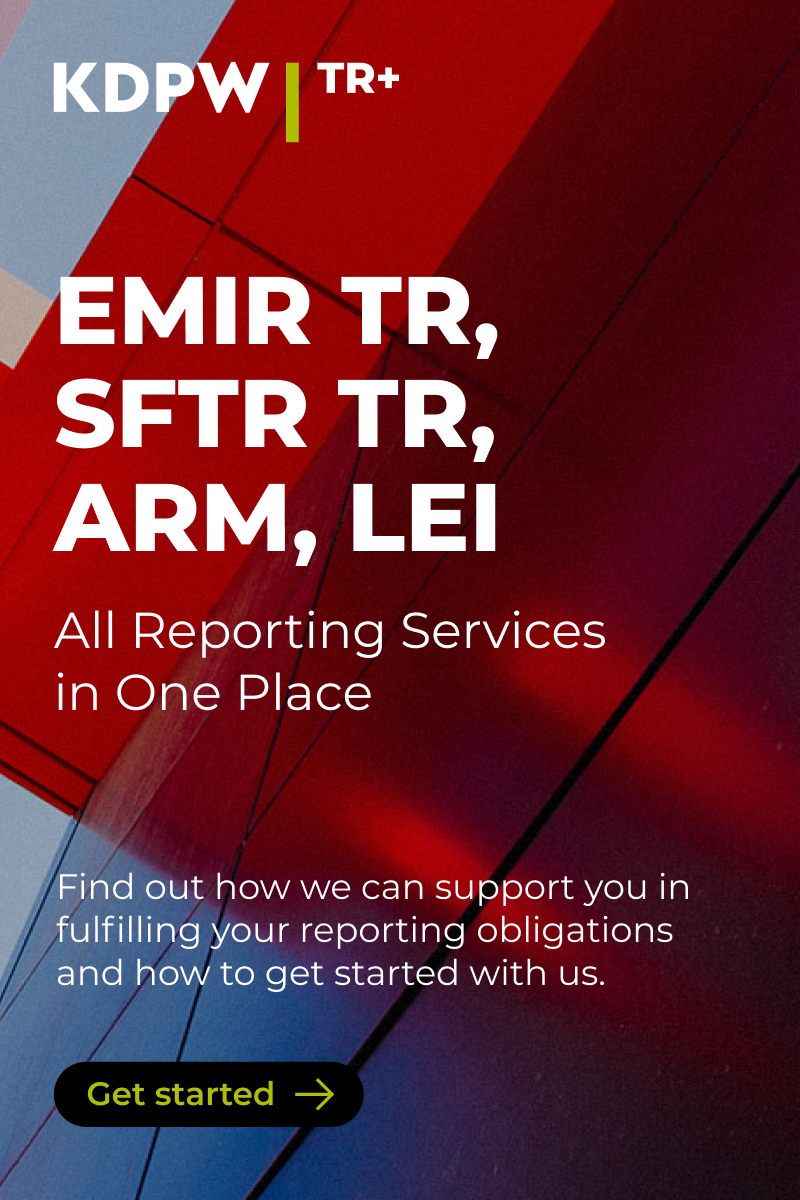Guernsey has made positive progress to come in line with international standard for anti-money laundering (AML) and combatting the financing of terrorism (CFT), according to Moneyval.
A body of the Council of Europe, Moneyval assesses measure in place to prevent money laundering and terrorism financing. The latest report if based on the fourth assessment of the island, conducted throughout 2014 and 2015.
According to the report, Guernsey has surpassed the standards laid out by the equivalent International Monetary Fund, which assessed the jurisdiction in 2010, and has substantially strengthened its AML and CFT measures.
The report found that, although the structure for prosecution in money laundering cases is as complex as it was four years previous, it is still reflective of international standards and has not presented significant issues, in practice.
It added, however, that while there has been an increase in money laundering prosecutions, “the figures are still disproportionately low”.
Similarly, the framework for confiscation and provisional measures was found to be comprehensive, but the number of restraint and confiscation orders made in relation to money laundering and other economic crimes also remained relatively low.
The offence of financing terrorism has been extended in Guernsey to include both funding of terrorist groups and individuals, and AML and CFT now provide a “sound basis” for identifying situations that require due diligence.
However, the report also noted that these requirements have not been made mandatory for non-resident customers, private banking, or for “legal persons and arrangements that are personal asset holding vehicles”.
It also cited concerns that the rules covering reduced customer due diligence allow for “discretion to refrain” from any mandatory due diligence measures entirely, and that the due diligence measures applied to certain customers do not appear to be adequate for mitigating that clients’ inherent risks.
Considering the size and nature of Guernsey’s financial sector, Moneyval also suggested that the maximum penalty for AML and CFT breaches in Guernsey may not be proportionate or suitably dissuasive.
It did, however, find that the island has put additional measures in place to aid international cooperation, and that Guernsey-based authorities are institutions are competent, knowledgeable and aware of their obligations.
Reporting for financial institutions was found to be adequate, and cooperation between different authorities on the island was found to be effective.
Guernsey chief minister Jonathan Le Tocq said: “As a jurisdiction with a global finance sector we need to demonstrate that we continue to meet in practice the highest international standards of law enforcement and regulation – and we have done so.”
He added: “Meeting the highest international standards helps to sustain our economy by encouraging businesses to come to Guernsey and ensuring stability. It also helps to ensure we cement our reputation as a cooperative and transparent jurisdiction, and one that takes seriously its obligations as a major international finance centre.”
Dominic Wheatley, CEO of Guernsey Finance, said: “We are delighted that Guernsey has received this positive assessment from Moneyval as it demonstrates the high standards that all firms in Guernsey work to. It is also consistent with how we see Guernsey’s leading position within the mainstream of international finance not only in terms of anti-money laundering and the funding of terrorism, but also regulation, beneficial ownership, tax transparency and common reporting standards.”
Moneyval reports are designed to assess the efficiency of measures for combatting money laundering and the financing of terrorism in the legislative, regulatory, law enforcement and judicial sectors. They can also make recommendations for improving domestic systems for combatting these issues.


